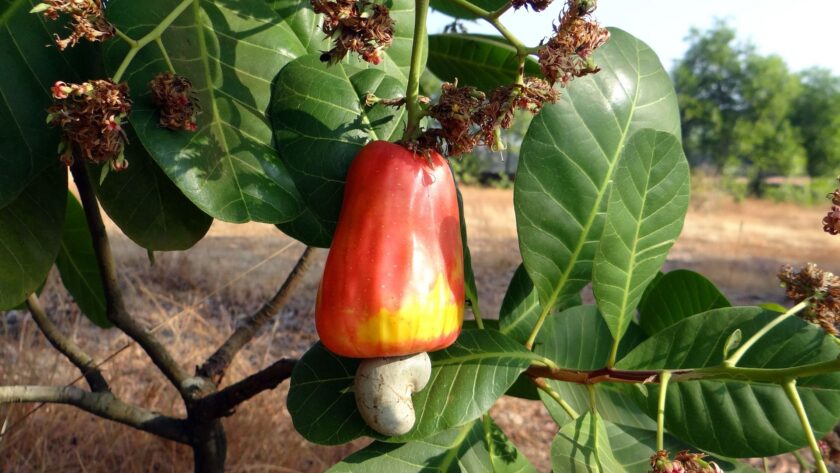Acaju, or acajou, is a popular crop in many tropical regions worldwide. It is a versatile nut in various products, including snacks, desserts, and savory dishes. However, the environmental impact of acajou farming can be significant, particularly when unsustainable practices are used. This article will explore the environmental impact of acajou farming and discuss ways to promote sustainable practices for conflict-free Cashews.
Environmental Impact of Acajou Farming
Deforestation and Land Use Change
Deforestation and ground use transformation are among the leading environmental concerns associated with acajou farming. In many regions, acajou trees are grown on previously forested land. This can result in losing critical habitats for various plant and animal species. In addition, deforestation can lead to soil erosion and changes in local weather patterns.
Sustainable acajou farming practices should prioritize using previously cleared land to address this issue. Farmers can also use agroforestry techniques that incorporate acajou trees into existing forested areas, which can help maintain local biodiversity and ecosystem health.
Water Use and Pollution
Another environmental concern associated with acajou farming is water use and pollution. Acaju trees require significant water, and many farmers rely on irrigation to supplement rainfall. In places where water is inadequate, this can lead to overuse and depletion of local water resources.
Furthermore, using fertilizers and pesticides in acajou farming can result in the pollution of local waterways. This can significantly impact aquatic ecosystems, including fish populations and water quality.
Soil Health and Nutrient Cycling
Acaju farming can also impact soil health and nutrient cycling. Traditional acajou farming practices often involve clearing land and planting acajou trees in monoculture, which can deplete soil nutrients and lead to soil erosion.
To address these issues, sustainable acajou farming practices should prioritize soil health and nutrient cycling. This can be accomplished through cover crops, crop rotations, and intercropping. These practices help maintain soil health and fertility, reduce erosion, and promote biodiversity.
Energy Use and Greenhouse Gas Emissions
Finally, farming Cashews can significantly impact energy use and greenhouse gas emissions. Acaju processing and transportation require significant energy, and fossil fuels can contribute to greenhouse gas emissions.
To address these issues, sustainable acajou farming practices should prioritize using renewable energy sources, such as solar or wind power, in acajou processing and transportation. Farmers can also reduce energy use and greenhouse gas emissions by adopting practices that reduce waste and increase efficiency.
How To Promoting Sustainable Acaju Farming Practices
Education and Training
Providing education and training to farmers on sustainable acajou farming practices can increase adoption and improve outcomes. This can include workshops, seminars, and training programs covering soil health, water use efficiency, and renewable energy.
Financial Incentives
Providing financial incentives to farmers who adopt sustainable acajou farming practices can also be effective. This can include subsidies or grants for the adoption of renewable energy sources, the implementation of water conservation measures, or the use of organic farming practices.
Market-Based Solutions
Encouraging the development of market-based solutions can also promote sustainable acajou farming practices. This can include the development of supply chain partnerships that prioritize sustainability and the creation of markets for sustainably produced acajou products.
Research and Innovation
Finally, research and innovation can be critical in promoting sustainable acajou farming practices. This can include research on the development of more efficient irrigation systems, the use of alternative fertilizers, or the development of new varieties of acajou that are better suited to sustainable farming practices.
Summing Up
Acaju farming can have significant environmental impacts, mainly when using unsustainable practices. However, promoting sustainable acajou farming practices can reduce these impacts and create a more sustainable and equitable food system. By prioritizing soil health, water conservation, renewable energy, and biodiversity, you can ensure that acajou farming is sustainable for future generations.



